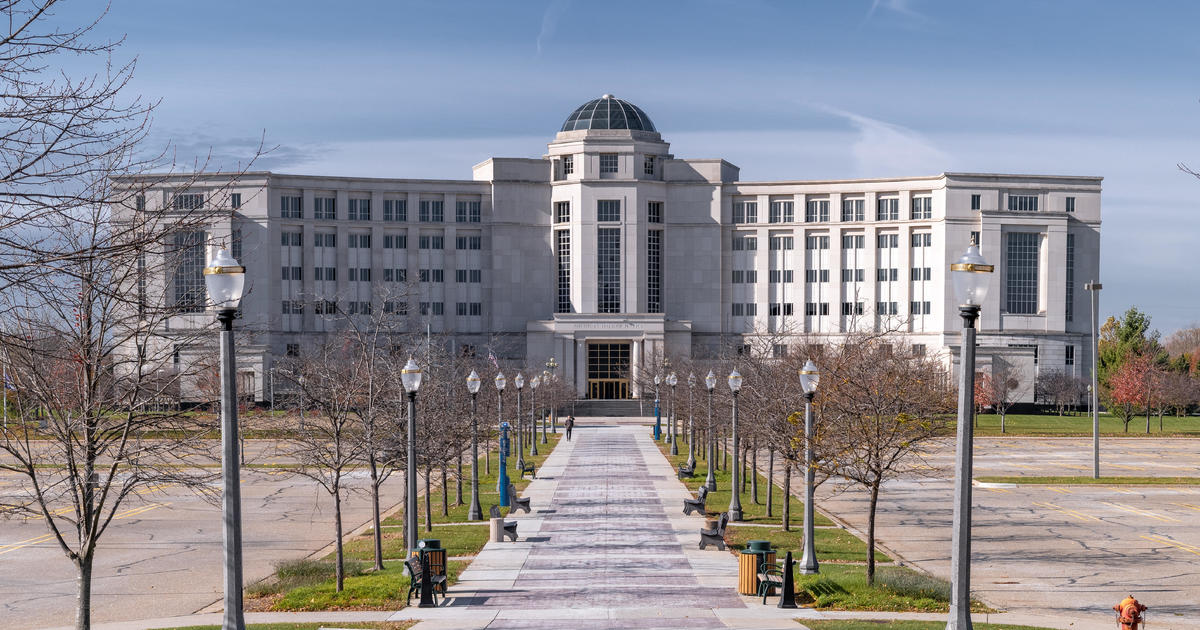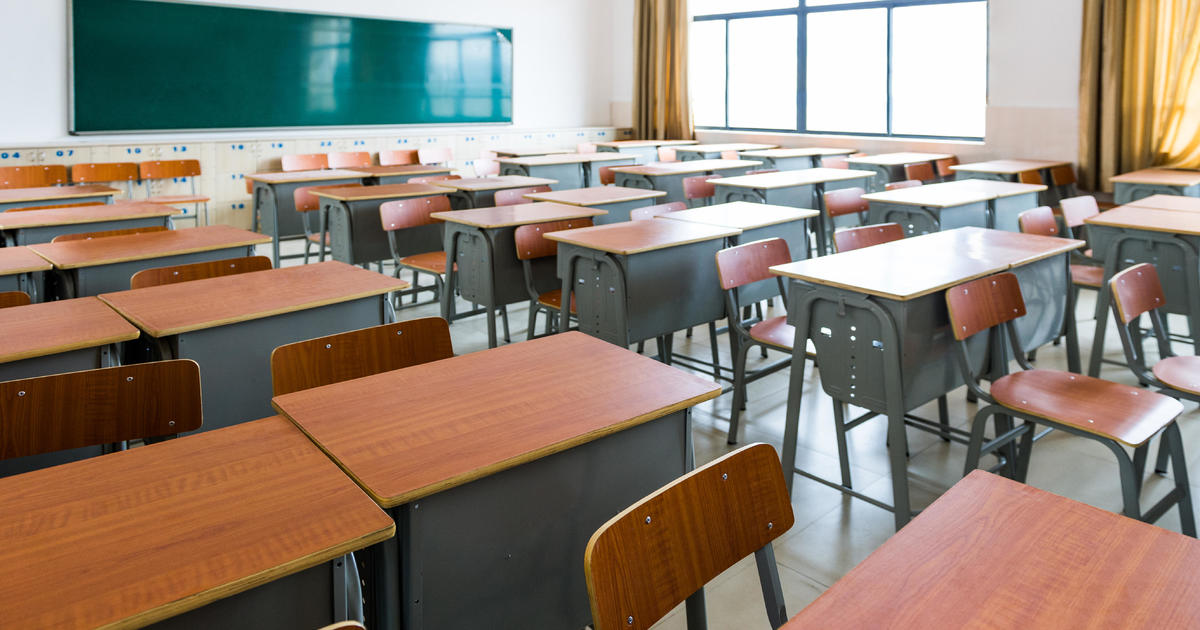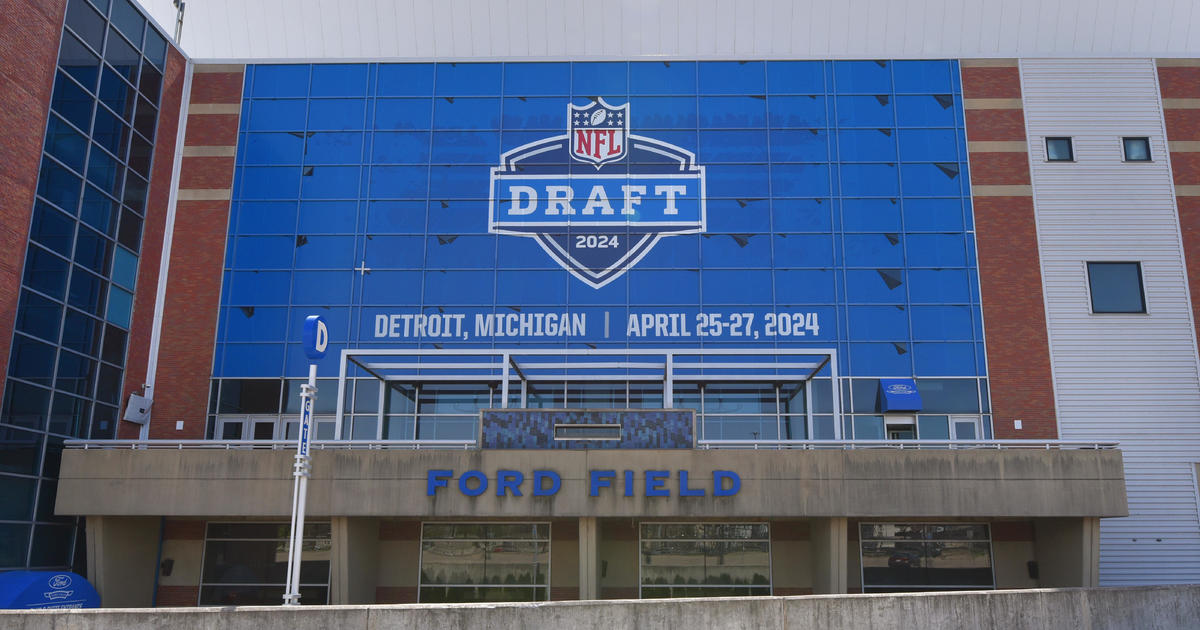Gov. Snyder Takes On K-12 Funding 'Misinformation'
By David Eggert, Associated Press
LANSING (AP) - His re-election bid all but officially underway, Gov. Rick Snyder is taking on what he says is "misinformation" over his record of funding public schools not long before he puts forward his next budget.
Since the Republican governor took office three years ago, he says, state aid to K-12 districts is up an average of $660 per student. After hearing the figure in Snyder's recent State of the State address, House Democratic Leader Tim Greimel called it "simply untrue."
What gives?
Until a few years ago, the primary marker of Michigan's school funding was the state's per-pupil grant, which varies by district and is set by lawmakers and the governor. The districts spend the money primarily for employee wages, benefits and a required payment to support pensions and retiree health care.
When Snyder took over, he and majority Republican lawmakers began emphasizing the need to address growing retirement costs, which have nearly tripled in 15 years because of rising medical costs, more retirees and fewer active teachers to contribute to the system amid declining enrollment, and lagging investment returns.
Now the state is directly picking up some of the ballooning retirement expenses instead of including the money in districts' traditional per-pupil aid, and Republicans say districts can better plan their budgets.
"It's critically important we stand up and we properly fund our pension plans to make sure those 440,000 school employees and retirees can count on a solid pension, and at the same time it allows school districts to put dollars in the classrooms instead of pension plans," Snyder said in his Jan. 16 speech. His budget proposal is due in early February.
Greimel, of Auburn Hills, concedes that Snyder and the GOP put "a lot" of money into retirement funds but says they slashed the per-pupil grant.
"That alone does nothing to solve our educational problems in this state," he said of tackling retiree costs. "We need money in the classroom, where it improves the quality of student education, where it lowers class sizes, where it helps schools afford adequate schools supplies and technology."
Districts now are expected to pay no more than roughly 26 percent of payroll to the Michigan Public School Employee Retirement System. The state is covering the balance owed - more than $1 billion combined this year and next, according to the House Fiscal Agency.
Excluding federal, preschool and adult education dollars but factoring in the state's direct share of the retirement bill, Snyder's budget office estimates state funding was $6,818 per student when he arrived in Lansing and is $7,484 today, a 10 percent jump. About $200 of the increase is due to there being 40,000-plus fewer students, though.
Critics like to focus on the basic school grant level instead.
Snyder in his first year helped roll it back by $300 per pupil and locked in a previous $170 cut. The grant has been raised $180 since and is currently $7,026, about 1.7 percent less than in 2010-11, the last budget approved by former Democratic Gov. Jennifer Granholm, according to the Senate Fiscal Agency.
One factor in the debate is federal stimulus money that effectively had propped up the K-12 budget for a few years during the recession dried up in the first budget for which Snyder was responsible.
With the stimulus cash gone, he decided to make cuts and use $400 million from the school aid fund for public universities and community colleges, which also were cut 15 percent while Snyder slashed business taxes and raised them on individuals.
When federal money is counted, total K-12 spending is up about 2 percent from three years ago. Spending from just state money is nearly 8 percent higher.
"Ever since our first budget, we have increased funding for education," said House Speaker Jase Bolger, a Marshall Republican. "We faced reality so we could grow from there. ... We have a commitment that the teacher retirement account be properly funded. You see the problems that eventually happened in Detroit. That bill eventually comes due. We don't want to see that happen to the state."
The nonpartisan Citizens Research Council of Michigan says while the debate over funding K-12 education is nothing new, it has moved beyond the question of how much money is needed to "how much was received." The group says while state funding has risen significantly of late, it mostly helped to restore the lost stimulus aid and to meet growing unfunded retirement liabilities from the 2008-09 market collapse.
When adjusting for inflation and the growth in retirement costs, revenue for other basic school spending is down nearly 9 percent from a decade ago, according to the council. More districts also are operating with deficits.
Snyder's likely Democratic opponent in November, Mark Schauer, says Snyder's claim to have raised K-12 spending is "Orwellian."
"Public education is the single most important investment we can make in building a strong economy," he said. "We have to help school districts that are in financial crisis."
© Copyright 2014 The Associated Press. All Rights Reserved. This material may not be published, broadcast, rewritten or redistributed.



